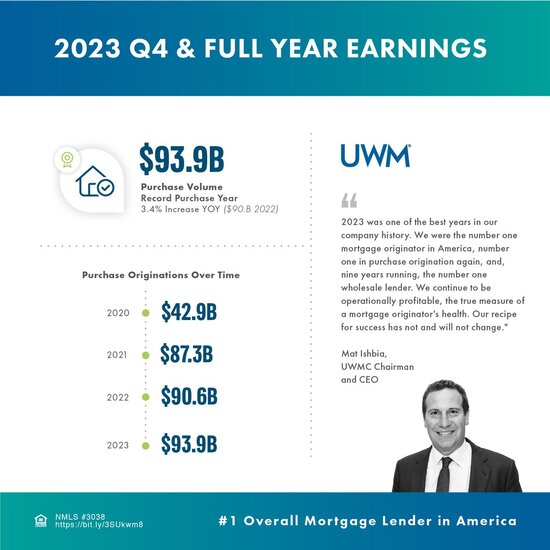FHFA extends credit modernization timeline
unitedbrokersinc_m7cmpd2024-02-29T20:16:16+00:00In response to industry feedback, the Federal Housing Finance Agency has redrawn some parts of its tentative roadmap for rolling out legislatively mandated updates to its credit reporting and scoring system.The bi-merge credit reporting requirement done in conjunction with the transition away from the current FICO Classic score will occur in the fourth quarter of 2025, rather than during the first-quarter of this year as initially proposed.Industry groups such as the Housing Policy Council have asked that the FHFA allow the bi-merge approach — under which two, rather than three, reports from national credit bureaus may be used — to occur later in the game."Synchronizing bi-merge credit reporting with the implementation of the new credit score model requirements will reduce complexity for market participants, which is a key objective of our transition efforts," FHFA Director Sandra Thompson said in a news release.Some of the key changes made to the schedule for bringing advanced credit metrics to government-sponsored enterprises Fannie Mae and Freddie Mac are pertinent to how reports in the mortgage industry get merged and the implementation of advanced scores.The agency also is changing the implementation timeline for the credit score update more specifically called for in the legislation, accelerating an implementation step for Vantagescore 4.0."The enterprises will accelerate the publication of VantageScore 4.0 historical data, originally expected to be published in the first quarter of 2025, to early in the third quarter of 2024," the FHFA said."FHFA and the enterprises continue to work towards providing similar data to support the transition to the FICO 10T model, contingent upon achieving the necessary conditions for acquisition and publication of this data," the agency added.The receipt of data on the two newer scores' performance earlier in the process also has been a theme in requests from the industry."The release of historical data on tens of millions of enterprise loan acquisitions affirms the commitment of FHFA and the Enterprises to a robust, transparent implementation process," Thompson said.The rising prices of credit reports and scores are another hurdle the industry has commonly voiced concern about. That's led to interest in more alignment throughout the market on these practices beyond Fannie Mae and Freddie Mac, who buy many but not all mortgages. The Community Home Lenders of America issued a statement welcoming the updates, but also noted that it would like to see in more detail about their ramifications for costs."We look forward to working with FHFA over the next few years to ensure that this saves money for borrowers – particularly those who are underserved and first-time homeowners," Director Scott Olson said in a press release.Several recent developments seem to support efforts to get market participants to agree on what scores to use in ways that would minimize the need to purchase multiple credit metrics.The Federal Housing Administration, another major player in the government-related mortgage market that's key to first-time homebuyers, recently released a statement indicating its looking into the possibility of adopting advanced score, although it's shown less interest in the bi-merge."We are currently conducting analysis to evaluate the potential impact of alternative credit scoring methodologies on borrowers seeking FHA-insured mortgages. The results of that analysis will be used to assess our next steps regarding this issue," a spokesperson for the Department of Housing and Urban Development said in an email earlier this week.At least one lender, Cardinal Financial, has publicly reported that it's using 10-T to originate Department of Veterans Affairs-guaranteed mortgages for securitization. The VA does not have a score requirement, but this could be significant in terms of encouraging others.At least two other nonbanks and one depository have reported 10-T for private loans, and the Federal Home Loan Bank of San Francisco recently authorized members to begin using 4.0 to originate mortgages in portfolios securing corporate financing it provides.

